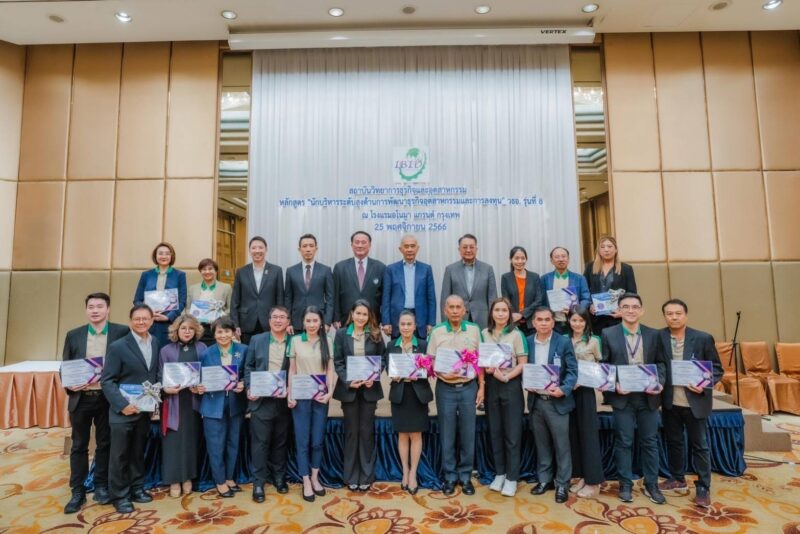
Carolyn Childs, strategist at MyTravelResearch.com, says there are simple things travel brands can do to capture the traveller at the key planning and booking stages of the customer journey
Moving the customer from planning to booking is the eureka moment for travel firms. It’s the pivotal minute on the customer’s path to purchase. That journey comes in stages: dreaming, the decision to go, planning, booking, anticipating, on the trip, and post-trip sharing.
Travel industry specialists MyTravelResearch.com have written extensively about the stages of the customer journey. In a new report, Carolyn Childs, co-founder of the travel intelligence firm, lays bare the key parts of the planning and booking steps.
“By understanding the psychological, technical and other factors at play during planning and booking, travel brands can very effectively enhance their conversion rates,” says Childs.
For example, timing is a crucial part of planning. The new report (quoting Visit Britain, Ipsos data) shows that Australians, New Zealanders and Brazilians often plan a longhaul trip over six months ahead. The Japanese, Koreans, Chinese and Indians typically do it one to two months ahead; the affluent Gulf states less than 30 days.
In the planning stages, internet searching, consulting friends or relatives who have been before, and referring to travel guide books are the most commonly used sources of information. However, the Japanese still use brochures. And in India online flight booking sites are popular influencers. In the USA online hotel booking sites are big.
Traveller reviews also play a massive role at the planning stage. Around 70% of travellers look at up to 20 reviews while planning. Some 80% of TripAdvisor users read reviews before deciding which attraction to visit. And 53% of TripAdvisor users won’t book a hotel if it has zero reviews.
When travellers move from planning to booking, around 94% of them move from mobile devices to laptops or computers, says Google.
“Your job is to make booking intuitive, quick and reliable,” says Childs. “Any friction at this stage is a loss of business, so your focus has to be 100% on the user experience.”
Citing a Templatic study, Childs says there are eight key elements to creating a travel website that is booking friendly:
• Make it easy to search with intuitive navigation, proper categorization, and a search box for key words
• Create a website with responsive design so that it functions well on desktop, laptop or mobile; and make sure your site works just as well on all the main browsers – Safari, Firefox, Internet Explorer, Google Chrome etc
• Have an availability calendar
• Supply complete and verifiable details. Provide evidence by using menus and drop-down layers. Tell them e.g. if you can accept pets, what time your kitchen closes; list accessibility features in detail
• Show relevant, high quality images or videos, especially those of people enjoying each experience
• Be transparent and have clear cancellation and refund terms
• Provide clear contact information, including hours of availability
• In summary, make the site easy to use and book with clear navigation and labelling. Most importantly, make it easily bookable with clear contact and support details.
“At the booking stage purely practical aspects become vital,” says Childs. “If you win a customer over during the dreaming and planning stage, for goodness sake don’t lose them when it comes down to the ‘doing the business’ part.”
The new MyTravelResearch.com report, “The Fast Track to Capturing Customers When They are Planning,” contains in-depth analysis and practical tips for companies interested in mastering the planning and booking process. The report is available to MyTravelResearch.com premium trends and insight hub subscribers.
Further information at http://MyTravelResearch.com.
###
About MyTravelResearch.com
MyTravelResearch.com is a market research and marketing firm specializing in the travel, tourism and aviation industries. Its specialty is providing insights that are actionable.
Founded by principals with lifetime careers in travel, tourism and aviation, MyTravelResearch.com exists to build the visitor economy and successful tourism businesses. It does this by putting the voice of the customer and best practice business thinking into an easy to implement, hands-on approach via an innovative membership model. MyTravelResearch.com can help:
* Destinations (of all sizes from national to local) to meet the expectations of their industry by acting as an extension of their research and marketing resources
* Businesses make more informed decisions. (It is like having your own research and/or marketing team)
Visit www.MyTravelResearch.com/.
Email: carolyn@mytravelresearch.com or bronwyn@mytravelresearch.com
Media queries
At MyTravelResearch.com Australia:
— Bronwyn White (mobile): (+61) 408 225 766
— Carolyn Childs (mobile): (+61) 416 213 962
ScottAsia Communications — Asia Pacific office:
Tel. (+66) [0] 2160 2644 (Ann Sriwongsa)
Email: ann@scottasia.net
UK office: Tel. (+44) [0] 7949 077959 (Ken Scott)
Email: kens@scottasia.net






